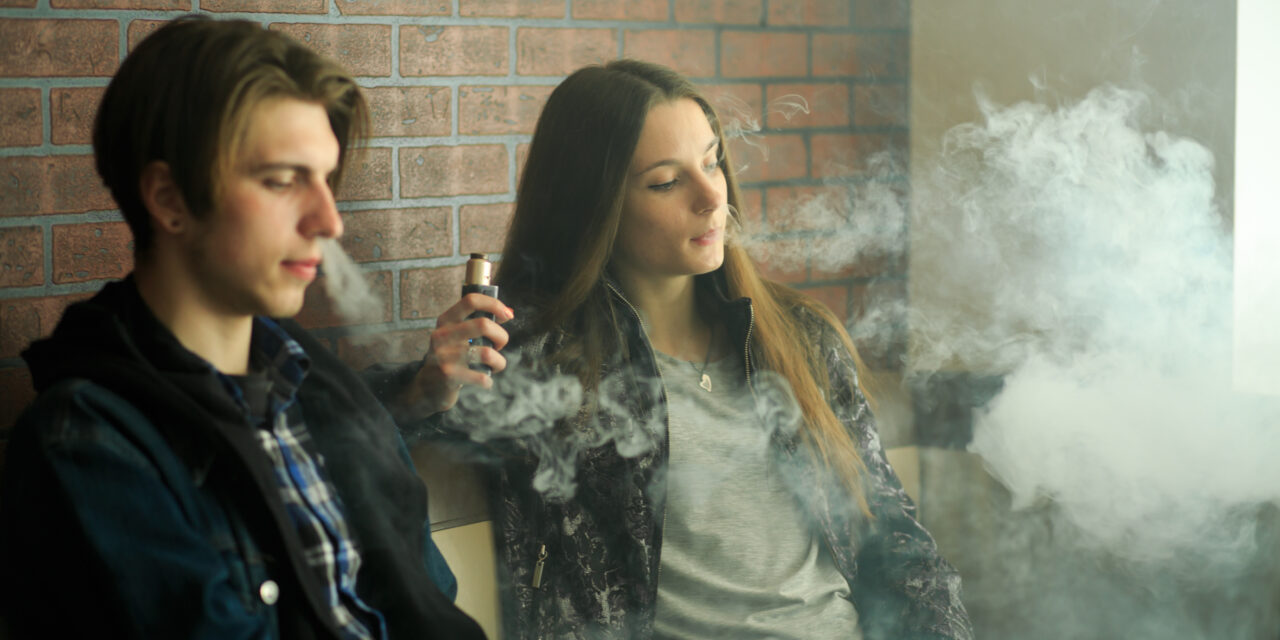I’m looking for a way to help my teenager quit vaping. I’ve seen medical options that just seem a little too “adult” involving medications like Chantix or Buproprion, or options to switch to a vitamin or essential oil inhaler. Are these options even safe for kids? What are the alternatives to these routes?
Vaping is an incredibly addictive habit that can be hard to kick with just behavioral techniques alone. The nicotine dependence makes withdrawal symptoms such as irritability, brain fog, difficulty sleeping, and headaches very real. The withdrawal symptoms set in within a few hours of cessation and peak around day 3, usually subsiding over the course of another 3 to 4 weeks. The intensity and duration of side effects make stopping cold turkey incredibly challenging for young, impressionable adolescents. Adolescents, in particular, have been found to be more vulnerable than adults to the addictive nature of nicotine. Nicotine replacement therapy along with behavioral support can be a safe and effective way to enable a teen to stop vaping. The nicotine replacement can come in the form of a patch or gum that can be purchased over the counter. With a gradual taper, the withdrawal side effects are lessened, and cessation can be more easily achieved.
The data just isn’t there to support the use of Chantix or Bupropion for adolescent smoking cessation. In studies, similar outcomes were obtained using nicotine replacement therapy and behavioral counseling. There is also no evidence to support the use of other medicinal or homeopathic remedies to aid in quitting. Teens are more likely to be responsive behaviorally to the immediate, rather than long-term side effects of vaping, which can feel esoteric and far removed for them. Discussing the immediate adverse health effects with your teens, such as exercise intolerance, premature aging of the skin, tooth decay, and the astronomical costs (which can be better served on other swag) may feel relevant and motivating to your child in their cessation journey.

















